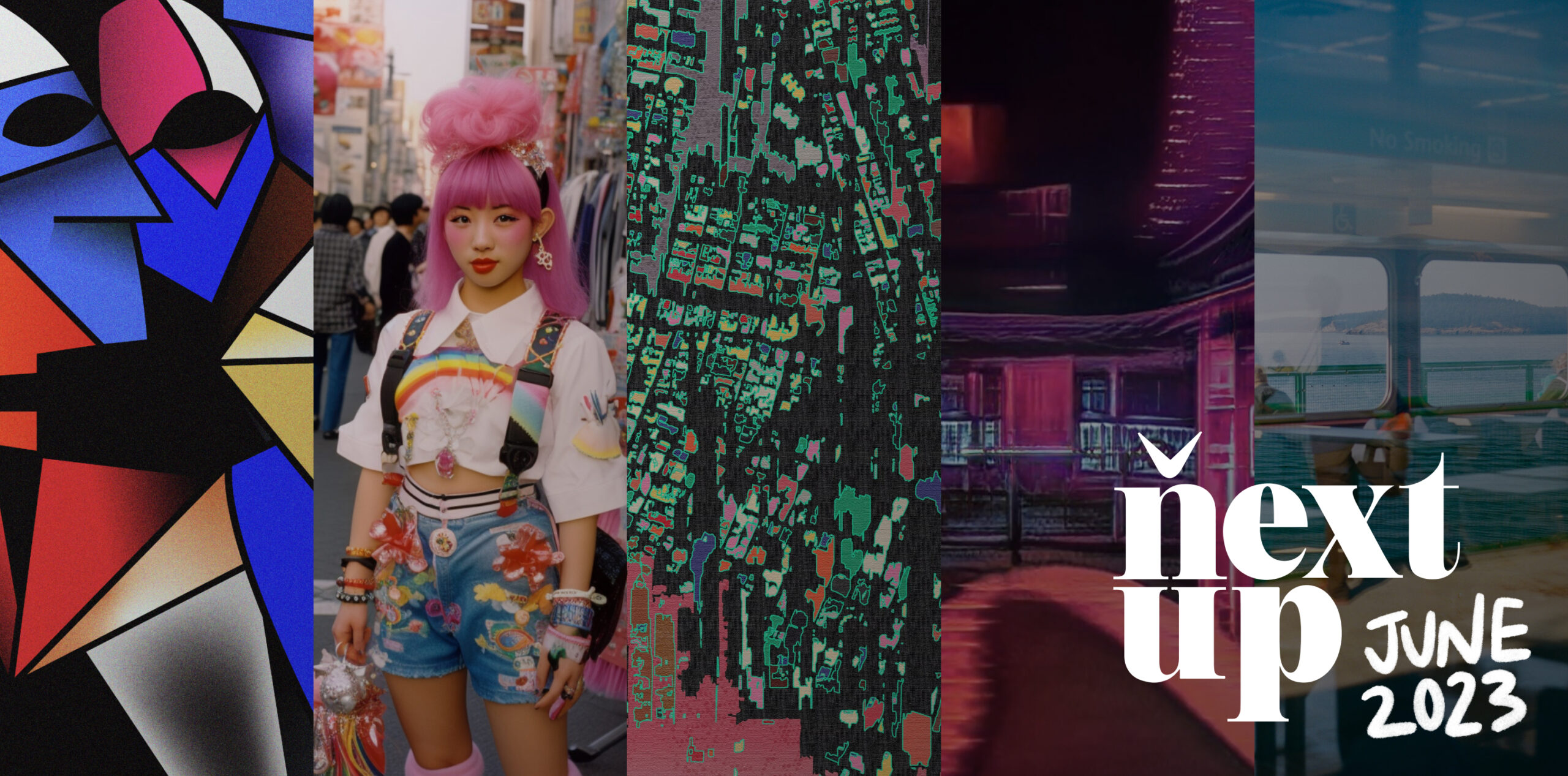China launches first NFT trading platform
In a move that signals a major shift towards the use of non-fungible tokens (NFTs) and other digital assets, China has launched its first trading platform for NFTs.
The platform was jointly built by China Technology Exchange, China Cultural Relics Exchange Center and Huaban Digital Copyright Service Center, a collaboration between private companies and state-owned enterprises.
This development is significant because China has previously been hesitant to embrace NFTs and cryptocurrencies, despite the growing popularity of these assets worldwide. However, the launch of this trading platform indicates that China is increasing its move towards digital assets, recognizing the potential of NFTs as a new form of digital ownership.
In addition to facilitating trading in NFTs, the platform will also enable trading in copyright related to digital assets. This will provide a new avenue for creators and artists to monetize their digital works, and will help establish a robust market for these types of assets.
The launch of this trading platform is also a step forward for the development of metaverse technologies in China. Metaverse technologies, such as virtual reality and the metaverse, have the potential to transform how we experience and interact with the world around us. By incorporating these technologies to watch major events like the World Cup, China is positioning itself to prior of the metaverse revolution.
What are “NFT” and “Metaverse”?
Non-fungible tokens (NFTs) are a type of digital asset that represents ownership of a unique item or content. They are called non-fungible because they cannot be exchanged for other tokens or assets on a one-to-one basis like a currency. Instead, each NFT represents a unique item or piece of content, such as a piece of art, a collectible, or even a tweet.
The metaverse is a collective virtual shared space, created by the convergence of virtually enhanced physical reality and physically persistent virtual space, including the sum of all virtual worlds, augmented realities, and the Internet. It is a shared space, created by the convergence of virtually enhanced physical reality and physically persistent virtual space, including the sum of all virtual worlds, augmented realities and the Internet. The term “metaverse” is commonly used to describe the concept of a future iteration of the Internet, consisting of persistent, shared, 3D virtual spaces linked to a perceived virtual universe.
Conclusion
Overall, the launch of China’s first trading platform for NFTs is a significant milestone for the adoption of digital assets in the country.
It remains to be seen how quickly these assets will gain mainstream acceptance, but the launch of this platform is a promising sign that China is ready to embrace the future of digital ownership.
Edmond is a passionate writer for video games, GameFi and Web3. He has worked for top GameFi companies and video game/crypto news sites.


